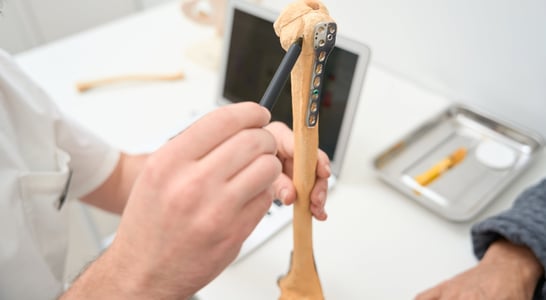
Dwarfism Awareness Month
Alongside hundreds of other health related events, Dwarfism Awareness is meant to celebrate the uniqueness of this group of people, encouraging the public toward a better understanding.
For at least fifteen years, Dwarfism Awareness Month has brought people together to promote this event, from encouraging local politicians to declare the day to sponsoring fund-raising activities to support the cause!
History of National Dwarfism Awareness Month
According to the Little People of America organization (LPA), Dwarfism Awareness Month was founded in 2009 with the mission of raising positive awareness and promote public knowledge about the lives of people with dwarfism.
Different activities take place, whether online or in person, during National Dwarfism Month. These include gatherings such as educational talks, Q&A panels, advocacy programs, fund-raising events and more.
By 2012, the Little People of America organization wanted to pay honor and respect to the founder of their group, actor Billy Barty. So they founded International Dwarfism Day, which is celebrated on Barty’s birthday, which is October 25.
In addition to the LPA, Dwarfism Awarness events are also celebrated by other groups across the world, including the Short Statured People of Australia, Little People UK, Little People of Canada, Little People of Ireland and others.
How to Observe National Dwarfism Awareness Month
Use Appropriate Language Related to Dwarfism
It is important that people in society work to show respect to others who are different than they are and people with dwarfism offer just one such opportunity. An excellent way to show respect is by using the appropriate vocabulary that will be honoring instead of offensive.
While there may be personal preferences, some acceptable terms include short stature, dwarfism, little person and dwarf. Of course, most people prefer to be called by their name!
The term ‘midget’ is considered extremely offensive by most people, as it dates back to the times when short statured people were in a ‘freak show’ or put on public display for entertainment.
Understand Myths and Truths About Dwarfism
One of the purpose of National Dwarfism Awareness Month is to improve the misconceptions and myths related to dwarfism and little people. An excellent want to celebrate this event is for people to improve their own personal understanding of dwarfism, as well as increase public knowledge through their own sphere of influence.
Some people might want to head over to the Little People of America website to do some research get more informed about this medical condition. Or check out some of these myths and their related truths as a beginning:
Myth: People with dwarfism have special powers or are magical
Truth: They are just like other humans but their bones grow differently
Myth: People with dwarfism are not as smart as other people
Truth: They are intelligent, high-achieving and can do just about anything anyone else can do (perhaps with some small adaptations)
Myth: Parents of average stature can’t have children with dwarfism
Truth: 4 out of five children with dwarfism are born to people of average height
Also in ...
View all holidaysInternational Coffee Day
Give your business to a local coffee shop, sign up for a coffee subscription, or try making a new kind of coffee at home with an espresso machine of some kind.
National Homemade Cookies Day
Cookies are fun and easy to make, so why not bake a batch to enjoy and share with family and friends on National Homemade Cookies Day!
We think you may also like...
National Substance Abuse Prevention Month
Equipping individuals with knowledge and support to make smart choices, ensuring healthier lives and steering clear of harmful pitfalls.
Learning Disability Week
Understanding diverse learning needs empowers educators to create inclusive environments where every student can thrive and succeed.








